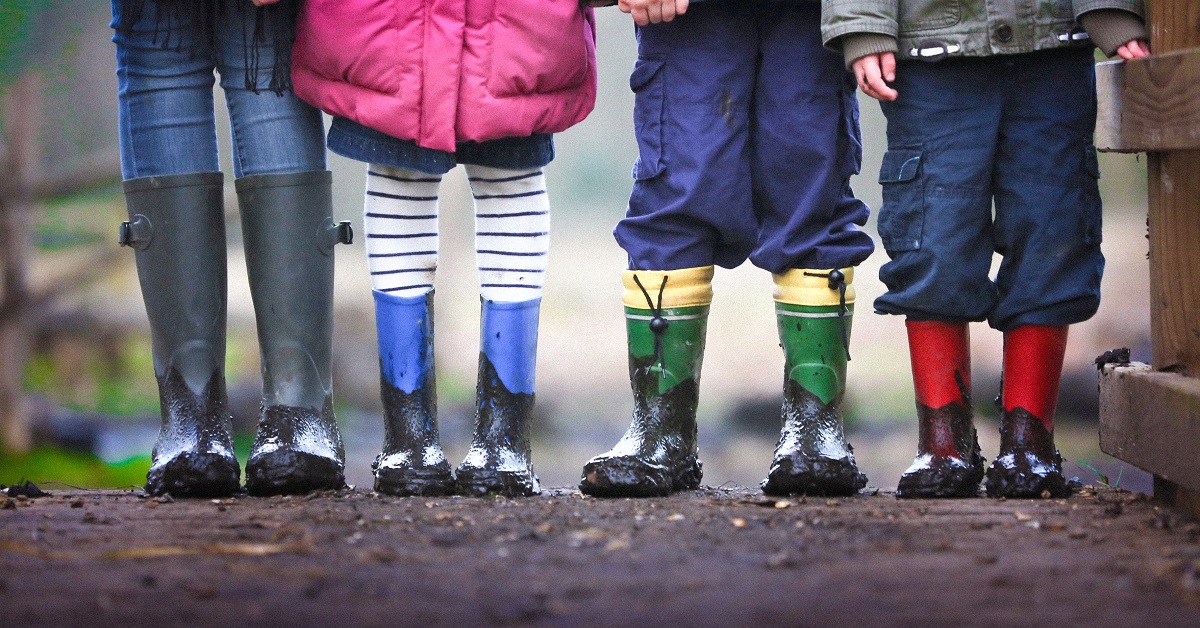Children’s Human Rights CPD Day One: ‘Children’s Rights are Human Rights’

Author: Bethan Bottomley, Student at the University of Edinburgh
Day 1 – Monday 7th March 2022
In a unique collaboration between the Centre for the Study of Human Rights Law and the Institute for Inspiring Children’s Futures (IICF), the question of ‘how do we implement children’s rights?’ is being brought to the foreground in this week-long continuing professional development (CPD) course. With the upcoming incorporation of the UN Convention on the Rights of the Child (UNCRC) into Scots Law, this question is now more than ever at the forefront of Scottish governance and reflections on building back stronger from the lingering chaos of lockdowns and the public health crisis.
In answering this question on the first day of this Special Children’s Human Rights course, Professor Ann Skelton (member of the UN Committee on the Rights of the Child) navigates the terrain of a field torn between bureaucratic accountability and “ground level” advocacy and practitioner support. Skelton herself opens the conference with a lecture on the making of the UNCRC and describes her personal journey from national level advocacy, to election, to member of the UN Committee.
Prof Skelton talks about the ‘sobering’ experience of being elected for the Committee and how political the election process became, particularly considering the role being one of an independent expert. This is an important and cautionary reminder that children’s human rights cannot be bargained or negotiated upon, as they are holistic and must be seen as such in their implementation. Nonetheless, Skelton says that the election process, akin to ‘political speed dating,’ works and while there is diversity and difference in many areas of discussion, there is absolute solidarity on this point of Children’s Rights as Human Rights. Indeed, after South Africa had ratified the UNCRC, Skelton spent time holding the state accountable by spending time in court arguing against the state where they were failing to uphold the UNCRC: a testament to the importance of the rights and the change that their implementation makes at the national level.
In the afternoon, the conference members gathered in workshops to consider poverty, drawing upon case studies from Together’s State of Children’s Rights Report 2021.
Childhood poverty is a subject rife with areas of concern, following the far-reaching impacts of national lockdowns and COVID-19 related events. Child poverty has been steadily on the rise since the early 2000’s and the UNCRC requires including children’s views within this narrative; allowing them to express their concerns, while helping to identify areas in which to focus time, resources and finances. During the workshops, discussions on self-directed help – a resource deployed during the pandemic to get funds directly into the bank accounts of families falling below the poverty line – was a hot topic, applauded for the autonomy it gave to families to decide independently what they were most in need of.
The Special Children’s Human Rights CPD course has been organized by the Institute for Inspiring Children’s Futures, in partnership with Together (Scottish Alliance for Children’s Rights), the Children and Young People’s Commissioner Scotland, the Observatory of Children’s Human Rights Scotland, and the Centre for the Study of Human Rights Law at the University of Strathclyde.
The Observatory is currently supported in part due to the Impact Acceleration Grant from the ESRC Impact Acceleration Grant awarded to the University of Edinburgh (grant reference ES/T50189X/1).
Source
Blog re-posted from The Institute for Inspiring Children’s Futures at the University of Strathclyde
Photo credit
Photo by Ben Wicks on Unsplash




Comments are closed
Comments to this thread have been closed by the post author or by an administrator.